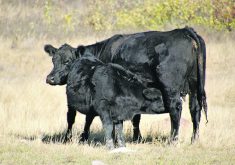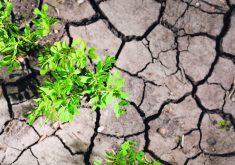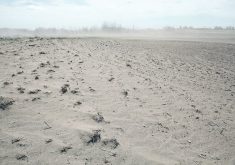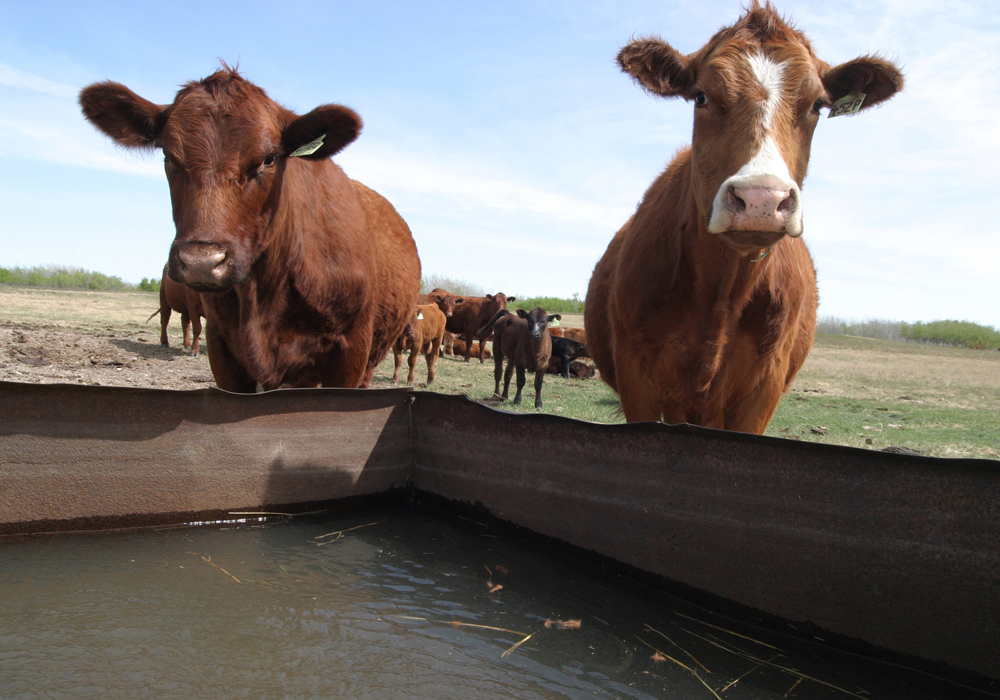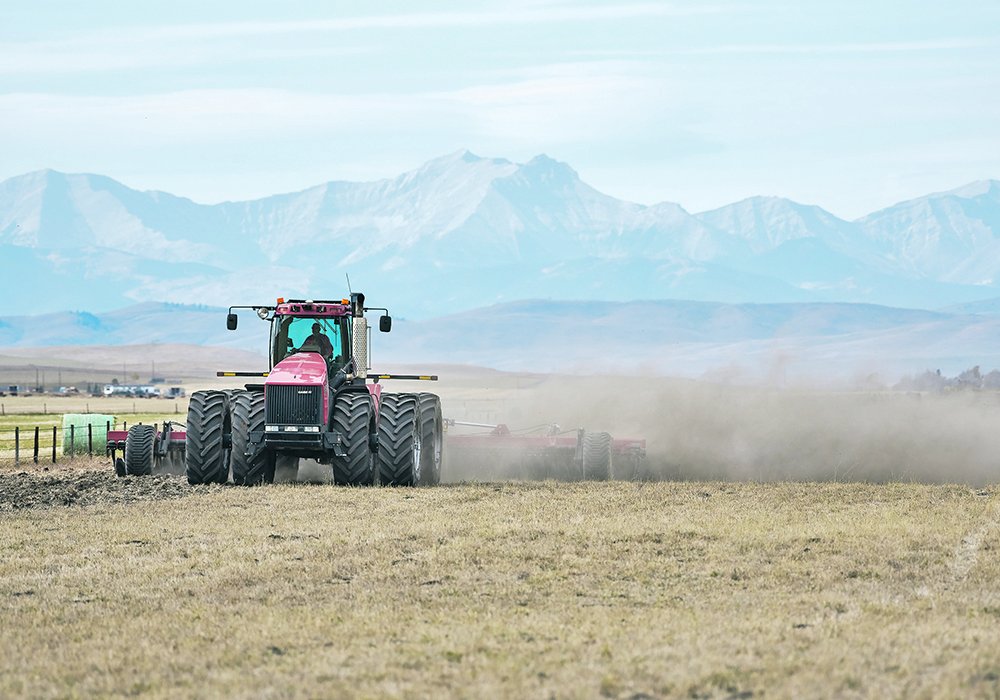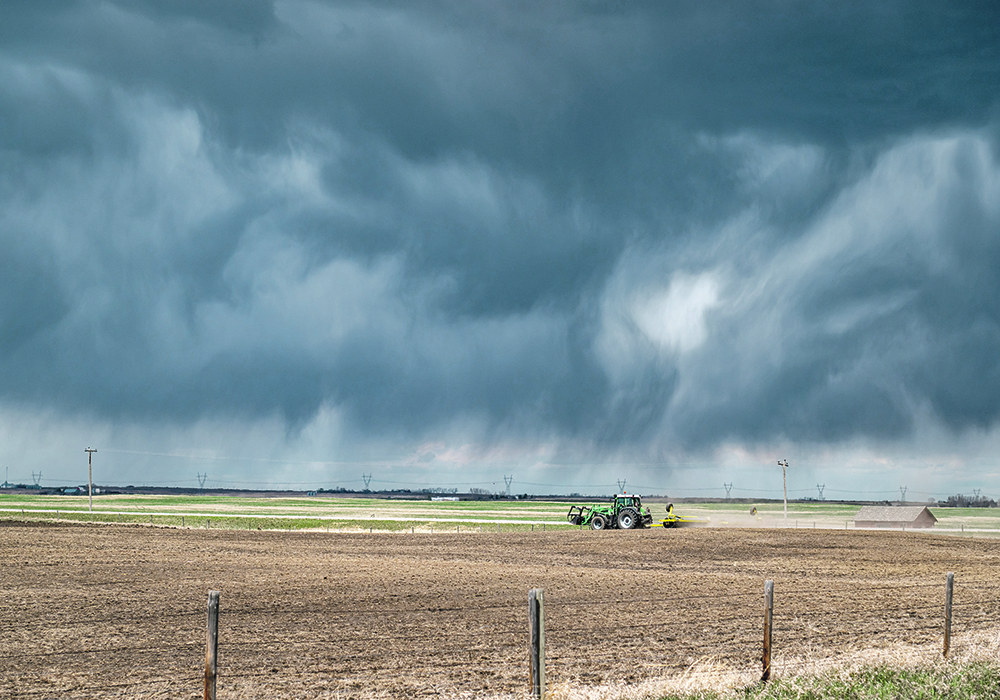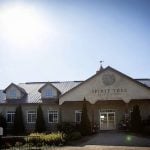CORRECTION: August 13, 2021 – 1305 CST – An earlier version of this story incorrectly stated the dollar figure required for the federal government to match provincial funds under the AgriRecovery program.
This past week has seen a flood of funding announcements from provincial governments as part of the AgriRecovery framework. But it’s still unclear if the $100 million federal commitment to the program is the first step on a path to hold back the rising tide of provinces who have pledged millions over and above that amount.
Alberta, Saskatchewan and Manitoba have committed a combined $317 million to the framework which is split on a 60-40 per cent basis with the federal government picking up the lion’s share. But that’s far in excess of what Ottawa has brought to the table so far.
Read Also

First annual Ag in Motion Junior Cattle Show kicks off with a bang
Ag in Motion 2025 had its first annual junior cattle show on July 15. The show hosted more than 20…
Nearly $500 million would be needed from the federal government to match what’s been pledged by the provinces so far under the existing program.
During Saskatchewan’s announcement committing $119 million by provincial Agriculture Minister David Marit, the plight of ranchers this year was again recited along with a call for more federal aid to deal with the drought.
“This situation is taking a toll on individuals, families, business and communities,” he said during an announcement on a ranch south of Maple Creek.
Saskatchewan will be providing an initial payment of $100 — per-head for producers to try to preserve the province’s cattle herd inventory and stave off a wholesale sell-off in the industry this fall.
Another $100-per-head instalment would be available later in the year, said Marit.

“We’ll share further additional information on how producers can apply as soon as the details are finalized,” he said.
Manitoba also announced a commitment of $62 million to AgriRecovery for programs aimed at assisting cattle producers in that province.
That provincial announcement follows last week’s in which Manitoba also triggered the late-participation clause in the AgriStability program for those who hadn’t enrolled by the June 30 deadline.
B.C. announced it too has triggered the late participation clause in the AgriStability program. The province is also providing assistance to ranchers facing not only drought but forest fires through its Wildfire Emergency Feed Program.
In a statement issued this week, B.C. is working on programs under AgriRecovery for producers but details have yet to be released.
For more content related to drought management visit The Dry Times, where you can find a collection of stories from our family of publications as well as links to external resources to support your decisions through these difficult times.







